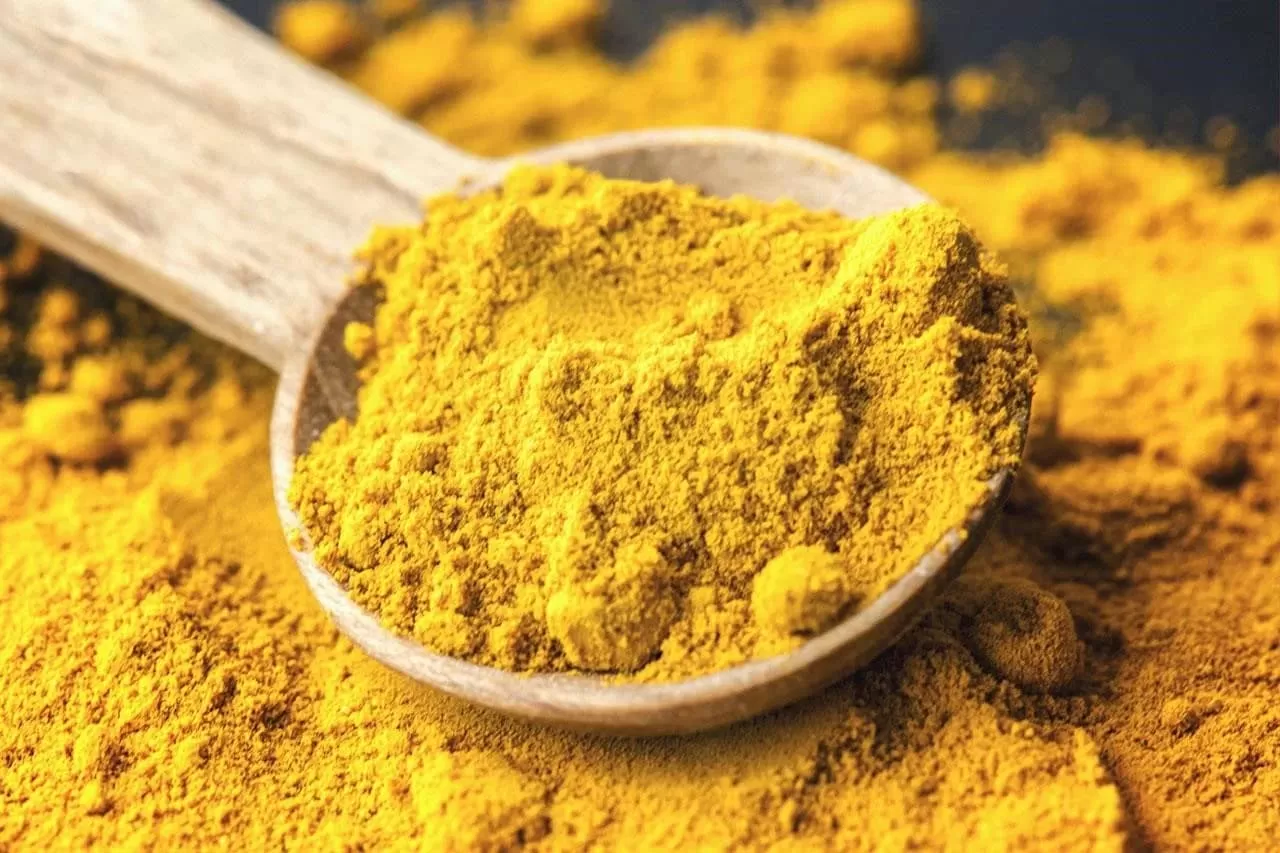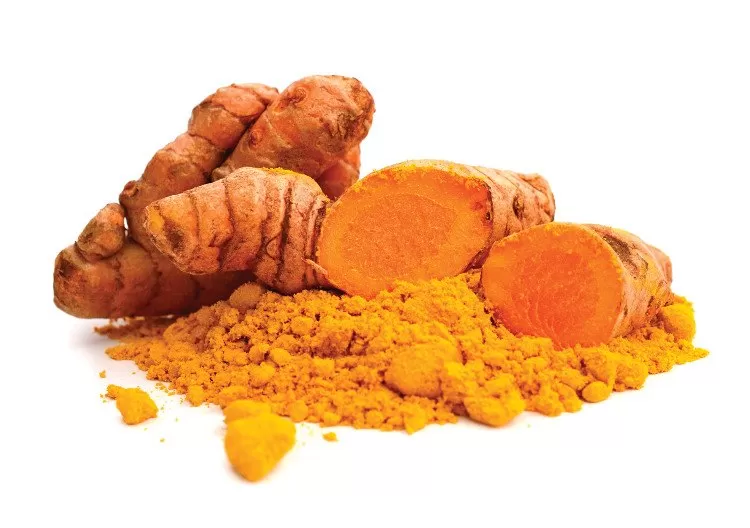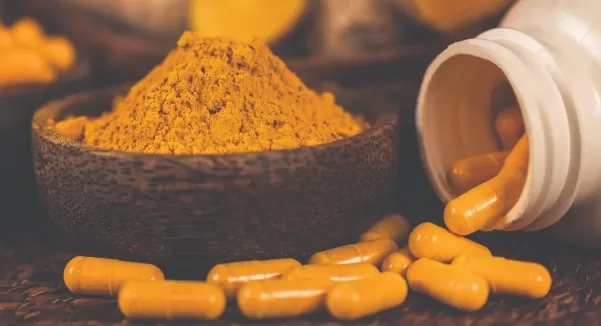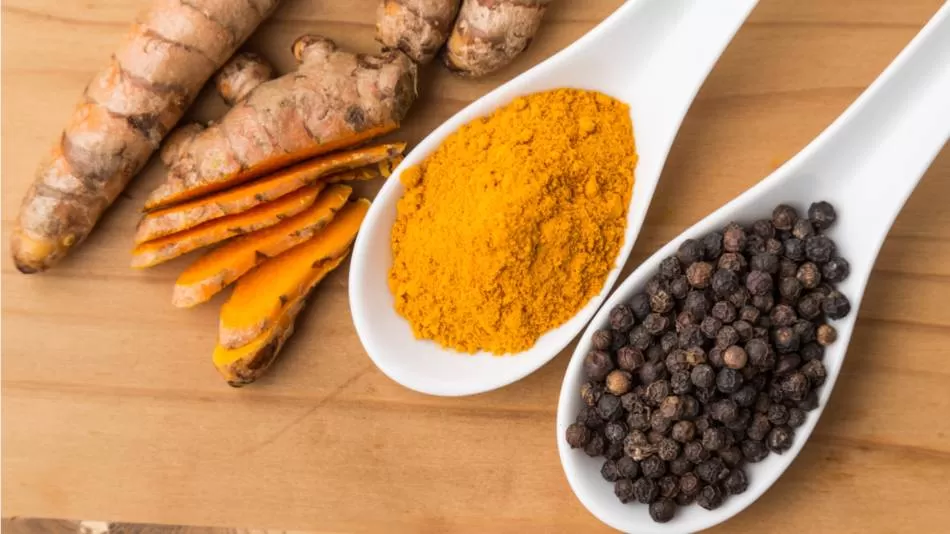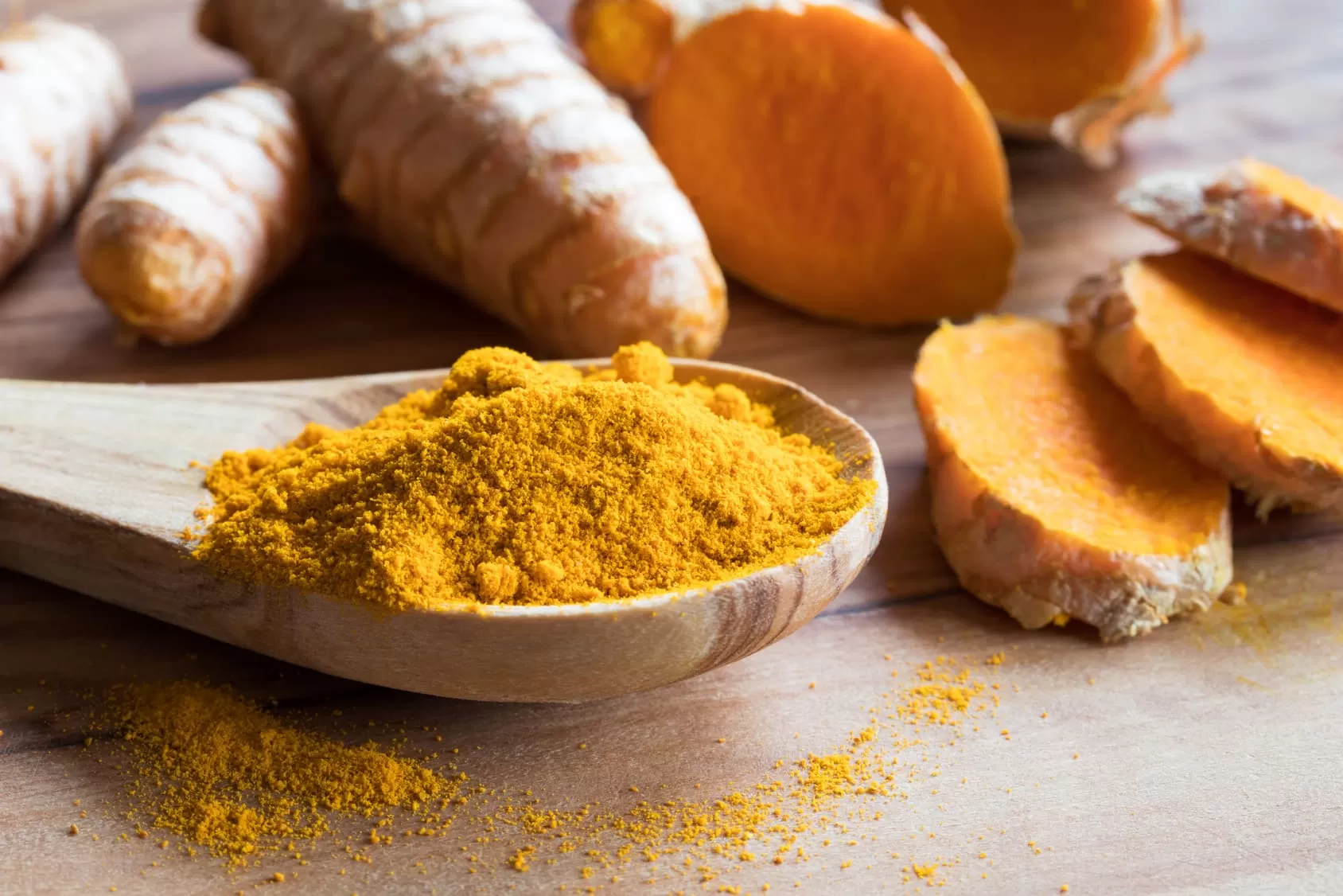- 0086-571-85302990
- sales@greenskybio.com
Can curcumin have side effects?
2025-04-01

Curcumin, the bright yellow compound derived from turmeric, has captured widespread interest for its potential health benefits. Used for centuries in traditional medicine across Asia, particularly in India, Curcumin is renowned for its purported anti-inflammatory, antioxidant, and anticancer properties. With a surge in its popularity as a dietary supplement in recent years, extensive research has explored Curcumin's therapeutic promise. However, like many substances with potent biological effects, curcumin can also have undesirable side effects that deserve attention and consideration.
Exploring the Health Benefits
Before delving into the side effects, it's important to acknowledge the scientifically recognized health benefits of curcumin. Curcumin is a polyphenol that demonstrates a range of biological activities. Numerous studies indicate its capacity to modulate inflammatory pathways, which could potentially alleviate symptoms in conditions like arthritis, cardiovascular diseases, and certain neurodegenerative disorders.
Its antioxidant properties further add to its allure, suggesting a protective role against cellular damage and aging. Furthermore, some studies have presented curcumin as a potential anticancer agent, showing promise in inhibiting tumor cell proliferation and inducing apoptosis.

Commonly Reported Side Effects
While curcumin is generally considered safe, especially when consumed in food, higher doses commonly found in supplements can lead to adverse effects. One of the most frequently reported side effects is gastrointestinal distress. Symptoms such as nausea, diarrhea, and indigestion can occur, particularly at higher doses. This is not entirely surprising given curcumin's interaction with the gut microbiota and mucosal lining.
A study published in the Journal of Medicinal Food pointed out that doses as high as 12 grams per day are often well-tolerated but can still elicit some gastrointestinal complaints. Those with pre-existing digestive disorders, like irritable bowel syndrome or Crohn's disease, should exercise caution, as curcumin might exacerbate their symptoms.

Allergic Reactions and Skin Conditions
Though rare, allergic reactions to curcumin have been reported. These may manifest as skin rashes, hives, or even anaphylaxis, a severe, potentially life-threatening condition. Individuals with known allergies to turmeric should avoid curcumin supplements.
Beyond allergic reactions, some research suggests that curcumin may cause contact dermatitis in sensitive individuals, particularly those handling turmeric in occupational settings. The exact cause of this dermatitis remains under investigation, but it highlights the need for awareness of potential skin sensitivities.

Interactions with Medications
Another critical area of concern is curcumin's interaction with pharmaceuticals. Curcumin is known to influence the activity of cytochrome P450 enzymes, which play a pivotal role in drug metabolism. This interaction can lead to altered blood levels of various drugs, potentially enhancing or diminishing their effects.
For instance, curcumin can act as a blood thinner, augmenting the effects of medications like warfarin and aspirin, thereby increasing the risk of bleeding. Conversely, it may interfere with the action of chemotherapy drugs, which could have implications for cancer patients who might be considering curcumin supplementation as part of their treatment regimen. Hence, consulting healthcare professionals before adding curcumin to one's diet, particularly for those on medication, is crucial.
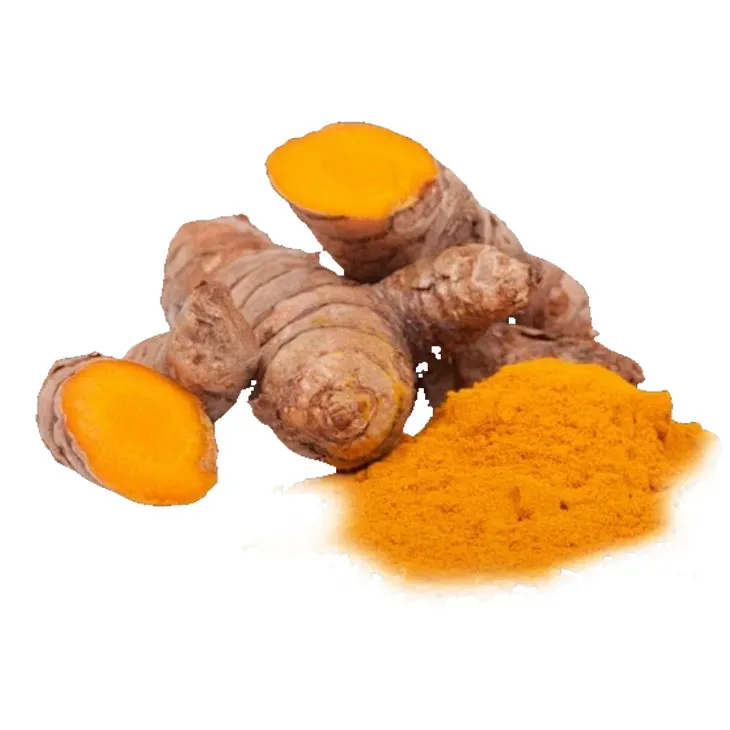
Hormonal and Iron Absorption Concerns
Emerging evidence also raises potential concerns about curcumin's influence on hormone levels and iron absorption. Curcumin has been shown to exert phytoestrogenic activity—mimicking the hormone estrogen, which may not be desirable for individuals with hormone-sensitive conditions, such as certain types of breast cancer.
Additionally, curcumin may interfere with iron metabolism. Some studies suggest that curcumin can chelate iron, potentially leading to reduced iron absorption and increasing the risk of anemia, particularly in individuals who already have low iron levels or a predisposition to anemia.
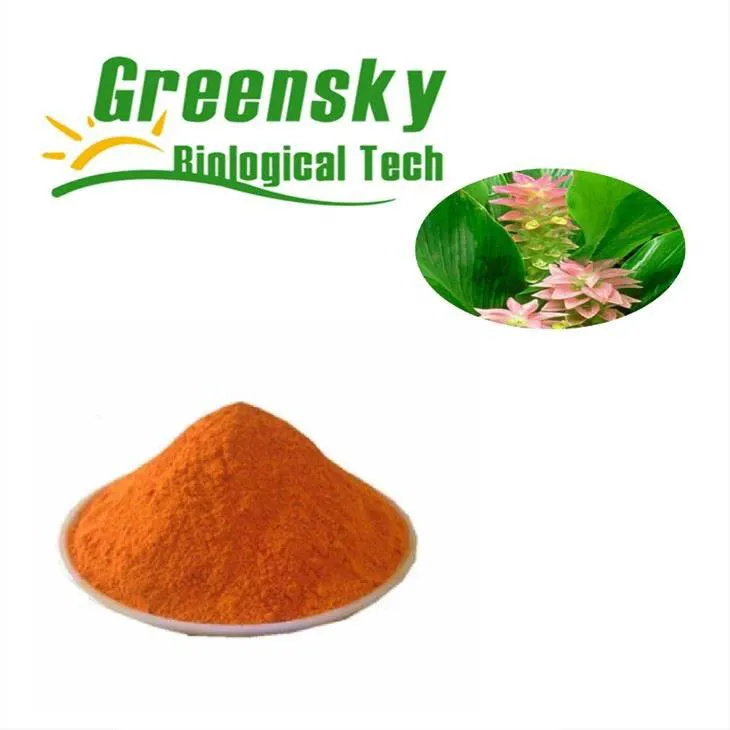
Quality and Purity Factors
The quality and purity of curcumin supplements are other considerable factors influencing safety and potential side effects. The supplement market is not as tightly regulated as pharmaceuticals, leading to variability in product quality. Contaminants, fillers, or undisclosed agents could contribute to adverse effects, emphasizing the importance of choosing supplements from reputable sources with rigorous testing for quality assurance.
Conclusion: Weighing Benefits Against Risks
Curcumin stands out as a compound of considerable interest due to its therapeutic potential, offering benefits particularly within anti-inflammatory and antioxidant domains. However, its side effects—ranging from gastrointestinal discomfort and potential for allergic reactions to interactions with medications and hormonal effects—require cautious consideration. This is especially true when used in higher doses prevalent in supplement forms. The challenge lies in balancing curcumin’s acclaimed health benefits with its risks, which underlines the importance of informed usage.
For those considering curcumin supplementation, engaging in a dialogue with healthcare providers is prudent, ensuring evaluation of individual health profiles, current medications, and overall nutritional goals. While curcumin remains a promising nutritional compound, its integration into health regimes should be approached with a balanced perspective, respecting both its potential and its uncertainties.
- ▶ Hesperidin
- ▶ citrus bioflavonoids
- ▶ plant extract
- ▶ lycopene
- ▶ Diosmin
- ▶ Grape seed extract
- ▶ Sea buckthorn Juice Powder
- ▶ Beetroot powder
- ▶ Hops Extract
- ▶ Artichoke Extract
- ▶ Reishi mushroom extract
- ▶ Astaxanthin
- ▶ Green Tea Extract
- ▶ Curcumin Extract
- ▶ Horse Chestnut Extract
- ▶ Other Problems
- ▶ Boswellia Serrata Extract
- ▶ Resveratrol Extract
- ▶ Marigold Extract
- ▶ Grape Leaf Extract
- ▶ blog3
- ▶ blog4
- ▶ blog5
-
What is the most effective form of curcumin?
2025-04-01
-
Is curcumin good for the liver?
2025-04-01
-
Turmeric vs. Curcumin: Which is Better?
2025-04-01
-
Curcumin Extract: When Should You Take It?
2025-04-01
-
Mulberry leaf Extract
2025-04-01
-
Black Rice Extract
2025-04-01
-
Echinacea Extract
2025-04-01
-
Pomegranate Extract
2025-04-01
-
Hops Extract
2025-04-01
-
Sophora Japonica Flower Extract
2025-04-01
-
Dan Shen Root Extract/Salvia Root Extract
2025-04-01
-
Red Vine Extract
2025-04-01
-
Lotus leaf extract
2025-04-01
-
Bilberry Extract
2025-04-01











